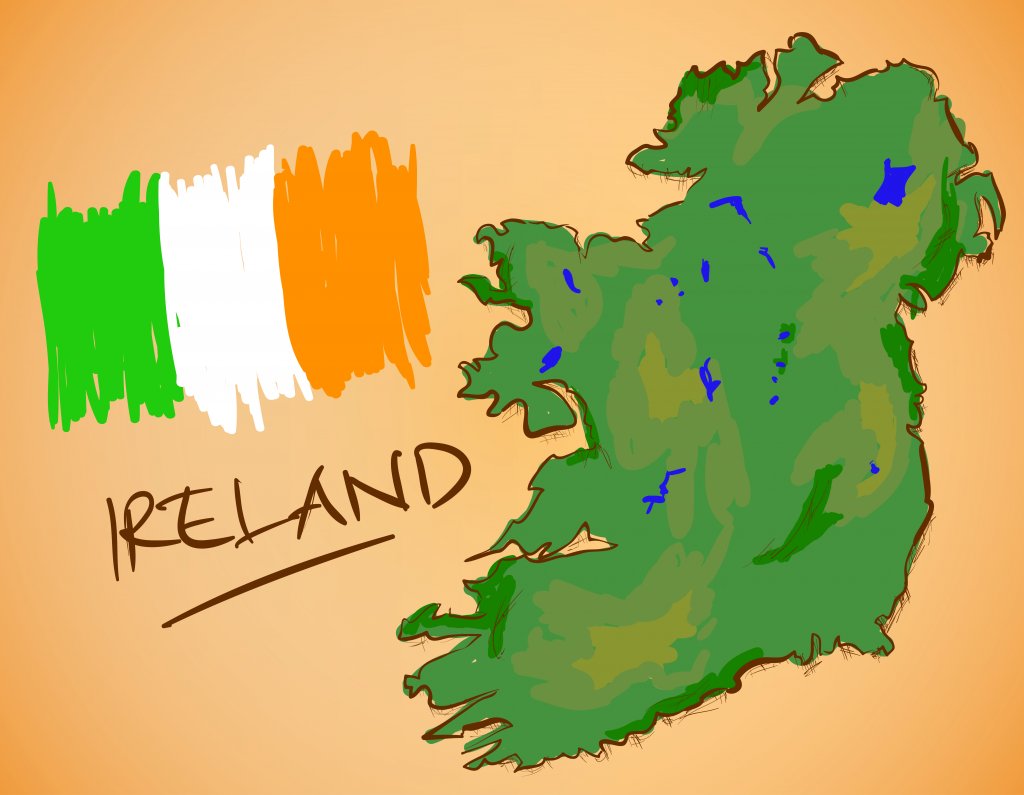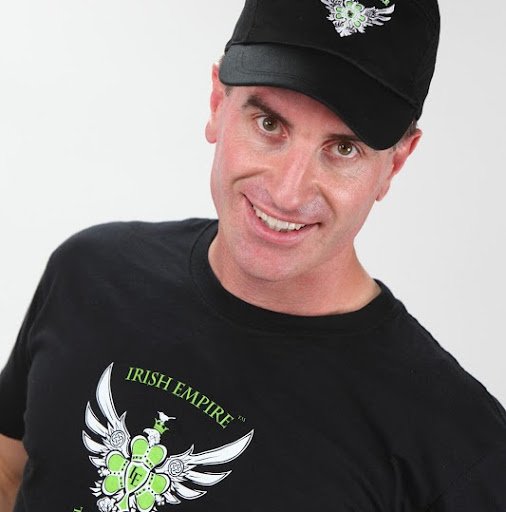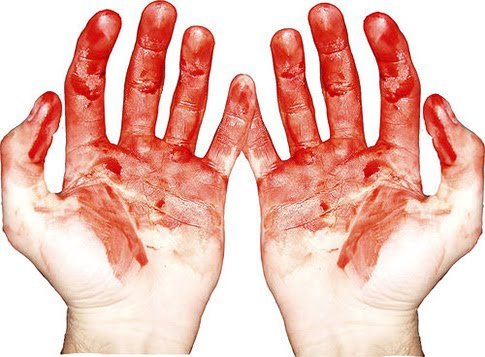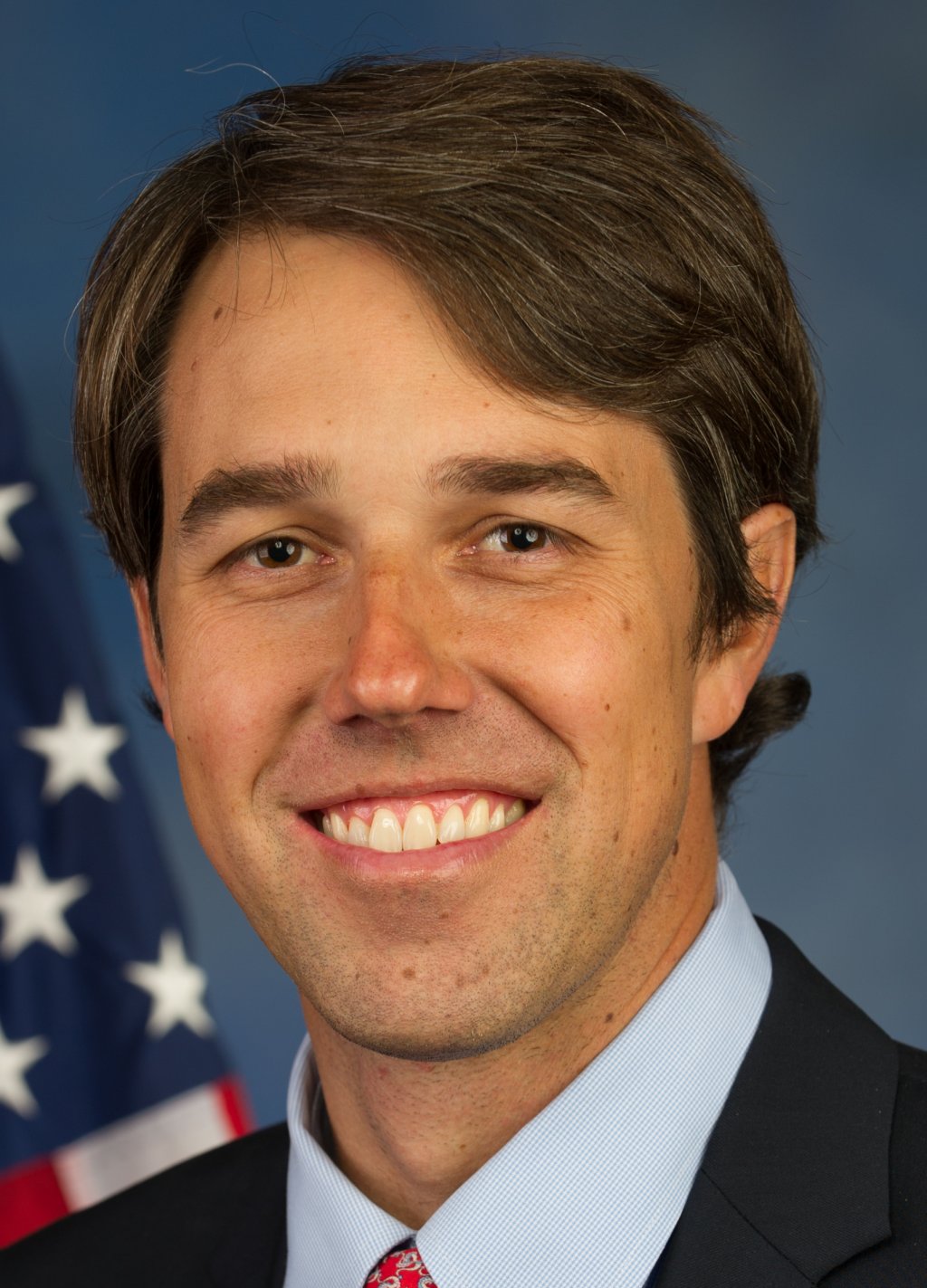What is the real name of the Green Isle? Most assume it’s ‘Ireland’, some call it ‘Southern Ireland’ or ‘the Free State’, while others think it needs a prefix stating that it’s a Republic or just call it ‘the Republic’.
Why are we so confused?
Origins of ‘Ireland’
In Irish mythology, the Irish goddess Ernmas, one of the Tuath Dé Danann (‘tribe of Gods’) had nine children. Of her six daughters, three became Irish goddesses: Ériu, Banba and Fódla.
Ériu is Old Irish for ‘abundant land’ and it’s modern Irish translation is Éire which denotes the island of Ireland
Constitution of Ireland
The Irish Constitution of 1937 replaced the earlier Constitution of the Irish Free State of 1922. It’s drafting was supervised by Eamon De Valera who controversially received input from John Charles McQuaid, the Catholic Archbishop of Dublin.
Today’s Constitution begins with the words: ‘We, the people of Éire’. Article 4 grants us two official names, stating that the country be called ‘Éire, or, in the English language, Ireland’.
Once the Constitution was approved, De Valera was introduced to an Irish crowd as follows:
‘Hello, America! This is Ireland calling on the first day of the new Constitution. You will now hear the head of the Government, Mr. De Valera, who is now styled An Taoiseach.’
British Problem
The Brits wouldn’t accept the English word ‘Ireland’ in place of it’s previous name, the 'Irish Free State’, and tried to harass us out of our Constitutional rights by introducing an Act in 1938 that only acknowledged the word Eire, the Irish name.
The British objected to the 26 counties being called ‘Ireland’ when it doesn’t comprise the entire island of the same name. The British also feared that the position of Northern Ireland might be undermined, despite that in Northern Ireland a proposal was made to rename it ‘Ulster’.
Fortunately, 268 American Congressmen were kind enough to stand by us and send Ireland a message of goodwill:
‘Congratulations on the birth of the State of Ireland… the ties between your country and ours have always been strong and cordial. We regard the adoption of the new constitution and the emergence of the State of Ireland as of the utmost importance.’
Republic of Ireland
In 1949, Ireland declared itself a Republic and left the British Commonwealth. RTE radio broadcast the news:
‘These are the first moments of Easter Monday, April 18th, 1949. Since midnight, for the first time in history, international recognition has been accorded to the Republic of Ireland. Our listeners will join us is asking God’s blessing on the Republic, and in praying that it will not be long until the sovereignty of the Republic extends over the whole of our national territory.’
But there was confusion. The Irish Constitution gives the country's name as Ireland but now we styled ourselves as the Republic of Ireland to underscore what we are and expressly cut our last constitutional ties with Britain. Taoiseach of the day, John Costello, explained our position:
‘If I say that my name is Costello and that my description is that of senior counsel, I think that will be clear to anybody who wants to know...Its name in Irish is Éire and in the English language Ireland. Its description in the English language is the Republic of Ireland.’
British bully
The dispute with the UK continued. The British aversion to recognizing our English name, Ireland, mellowed somewhat as they now conceded to referring to our country as the ‘Republic of Ireland’ but only because they realized that other countries would recognize the name we chose for ourselves!
British underhand tactics continued as they enjoyed bastardising our name and trying to popularise the wrong one, referring to Ireland by names such as the Irish Republic and Southern Ireland. They even refused to acknowledge the ‘Embassy of Ireland’ in London insisting it be called the ‘Irish Embassy’.
Below is a screenshot of the Treaty of London, 1949, that formed the basis of the Council of Europe and was largely drafted by the English. Note the name of Ireland!
British breakthrough
Despite protests from the British, Ireland (written so) was admitted to the United Nations in 1955. The UK again objected, without success, when Ireland joined the European Union in 1973.
In 1985 British Command Papers for the Anglo-Irish Agreement have Ireland down as the Republic of Ireland.
But in 1998 the Good Friday Agreement gave rise to the Northern Ireland peace process. It was the first time the British referred to the ‘Government of Ireland’, which despite Unionist protests was accepted in the House of Lords, Lord Dubs stating:
‘We will call them by the name they favour, and they will use the name for us that we favour...We can put an end to the argument about names.’
Phew! Talk about a fight over calling people names! Finally, a nation was born, or reborn. Ireland.
FIFA offends Ireland
Given the above debacle over the semantics of naming Ireland, it’s remarkable that the global soccer body, FIFA, insists on calling the Irish team the Republic of Ireland.
From 1923, FIFA recognised the Irish Free State as being the name of the newly carved out country on the island of Ireland. The Irish Free State made its international debut at the Paris Olympics of 1924 and held its first home international in Dublin against the United States the same year.
In 1936, the Irish Free State began using the name ‘Ireland’ . Although FIFA accepted the name Ireland for our soccer team, problems arose when players began playing for both Ireland and Northern Ireland. FIFA intervened in 1953, decreeing that Ireland be called the Republic of Ireland, a name that has stuck to this day.
Is FIFA’s position acceptable? Should we petition FIFA to revert to using our correct name, Ireland? After all, isn’t FIFA the world’s sickest organisation, with a string of FIFA official up on corruption charges. And who are they to tell us who we are?
Conclusion
I’m judging my book by its cover. My passport says, Éire and Ireland. Although it’s a republic, it’s not the Republic of Ireland. I’m from Éire or Ireland.







Michael Howington born from Patrick and Mock Clans FIFA, like most others, have never been kind the the Irish anyway- methods to correct would result in the Irish not being able to compete so it is am impossible situation- but true to character- we take with a grain of salt
Mary Schade Thank you for the correction and information Colin.
Colin Carroll For me, the Constitution is king. But why do the FAI not insist FIFA correct their error in the naming of Ireland?